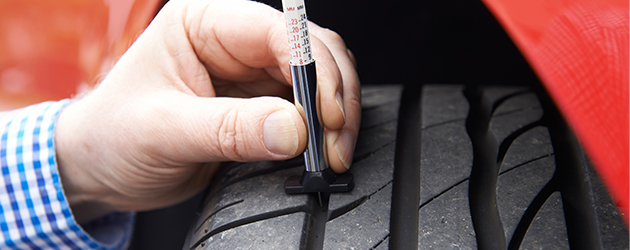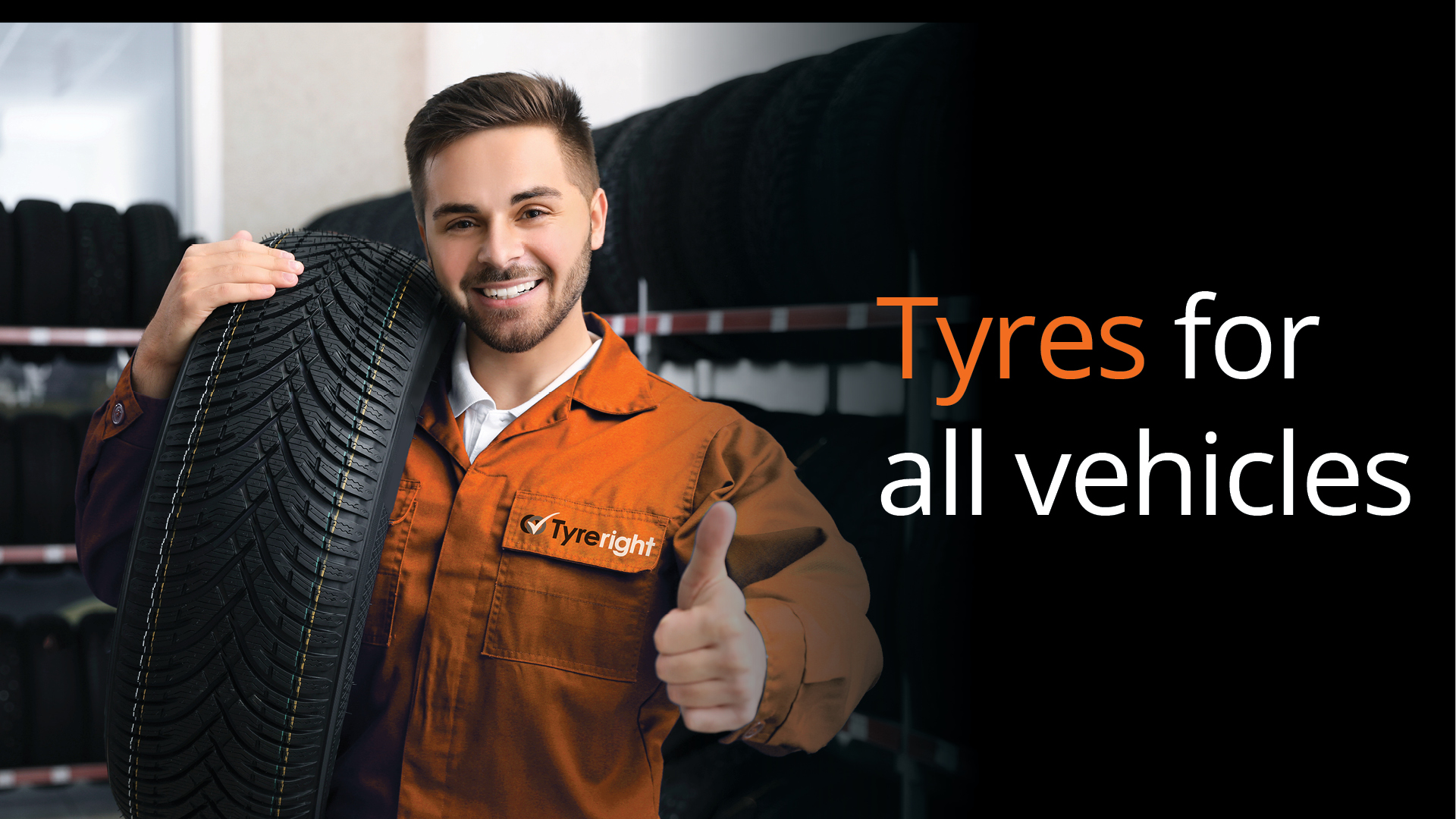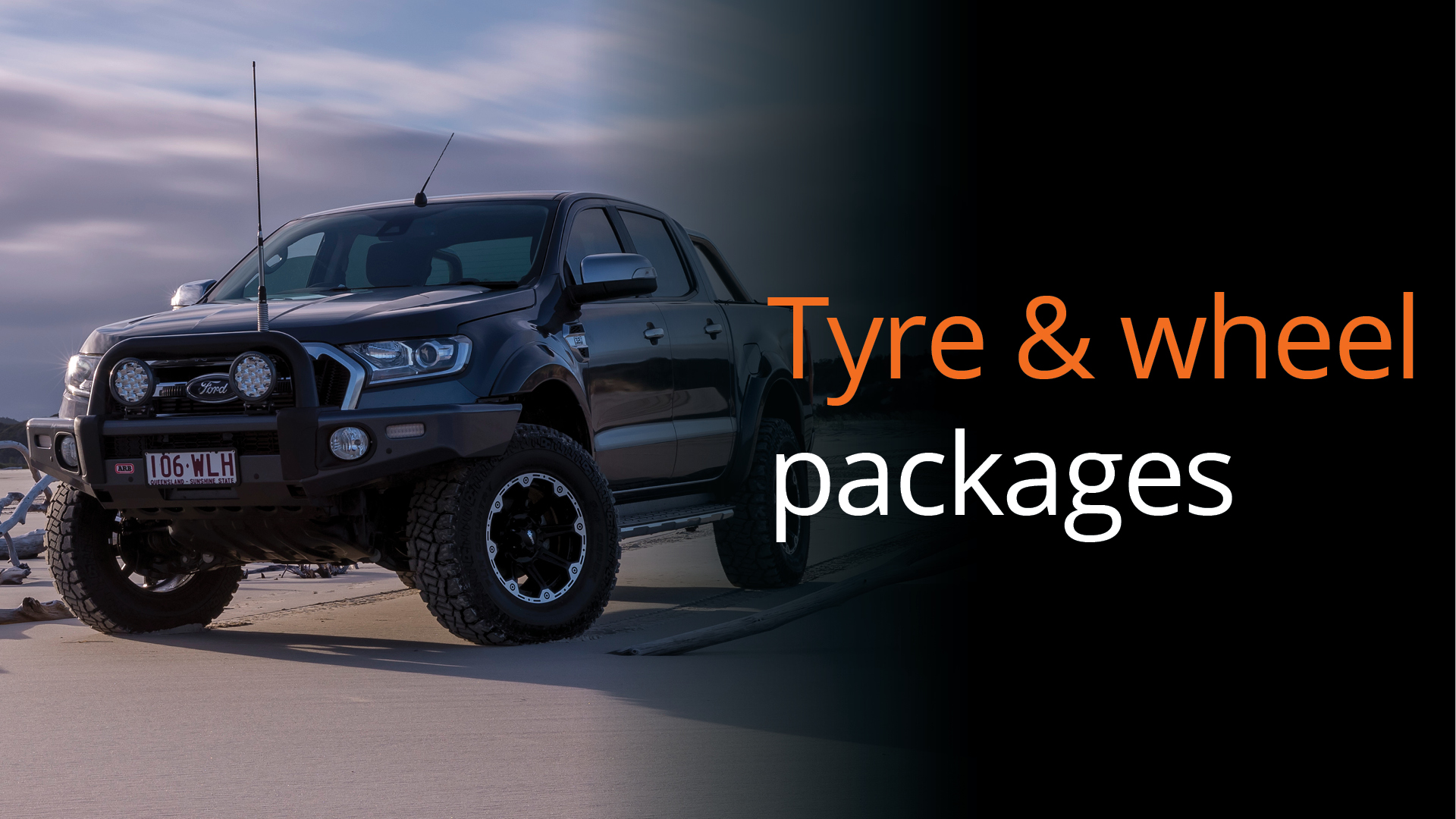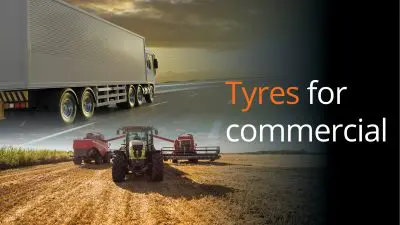
One of the most common characteristics discussed and debated at length with regard to tyres is how long they should last. There are thousands of pages of heated debate across forums all over the internet and everyone’s got an opinion. All of which can make finding an actual answer harder, rather than easier.
So what is the answer to “How many kilometres should you get out of a set of tyres?”
It reads like a simple and straightforward question, the problem is that the answer is much less straightforward.
The answer is: “It depends.”
As frustrating as that is, it’s important to know when you start researching your replacement tyres that while all tyres essentially look the same (round, black, made of rubber.. kind of boring), when it comes to the engineering that goes into them, they can be very different indeed.
So, it depends. But what does it depend on? Well, in general, you want to know as much as possible about the following things:
- What kind of roads do you do most of your driving on?
- What speeds do you most regularly travel at?
- How many kilometres per year do you travel on average?
- What sort of driver are you?
- What do you mostly use your vehicle for?
The answers to these questions help to form a matrix of characteristics that can be matched more closely to your needs in order to find the best tyre for you.
It will also inform how you can expect that tyre to perform, and then to project more accurately how long it will last.
Consider the following comparative example. Car A is a small hatchback mostly driven in the city for commuting and shopping purposes, with the occasional holiday or weekend away. On average it drives about 13,000 kilometres per year. Car B is a one-tonne ute driven by a tradie who does jobs across a major regional area and often carries a full load of tools and materials. This vehicle does about 30,000 kilometres per year.
Car A drives mostly on city roads at low to moderate speeds, and in heavy traffic. So it needs a tyre that will grip quickly, especially in the wet, and that provides a good level of comfort (low road noise). This car would suit a mid-range tyre with good handling, comfort and fuel efficiency. It would sacrifice some durability to achieve this and if maintained correctly (with correct tyre pressures and regular wheel alignments) could achieve around 35,000 kilometres of travel before needing replacement.
Car B drives mostly on country highways and regional city roads at moderate to high speeds. It’s often loaded up to one tonne and as such it needs a tyre with a reinforced sidewall to deal with the additional load, and the extra heat generated at higher speeds, and for longer journeys. This vehicle would suit a mid to high-range tyre with a higher load rating and a good HT or AT tread pattern that provides adequate grip and increased durability. It will sacrifice some comfort and handling characteristics in order to achieve this. If maintained correctly (with correct tyre pressures and regular wheel alignments) this product could achieve around 50,000 kilometres of travel before needing replacement.
Even with these examples, there are many, many elements that have an impact on how well a set of tyres will wear and how long they will last. The good news is that the most significant factors that cause tyres to wear out early are in your control!
Regular maintenance is the most effective way to prevent unnecessary wear and tear. Rotate, balance, and align your vehicle regularly to maximise tyre life and improve your fuel economy. It doesn’t hurt to get the suspension checked while you’re at it. Worn parts can contribute to accelerated tread wear and decreased performance, so make sure your maintenance is on schedule.
Other common causes of early wear on your tyres include incorrect tyre pressure and driving style. By simply checking your tyre pressures once a month you can greatly increase their performance, reduce your fuel costs, and ensure you get the longest possible life out of your tyres.
Similarly, by driving in a calm and steady manner, avoiding fast acceleration, aggressive cornering, and late braking, you reduce the workload on your tyres and help them to keep you and your vehicle rolling along comfortably for a lot longer.
Got questions about the best tyres for your vehicle and driving needs? Call our friendly experts on 1300 610 478 today!







